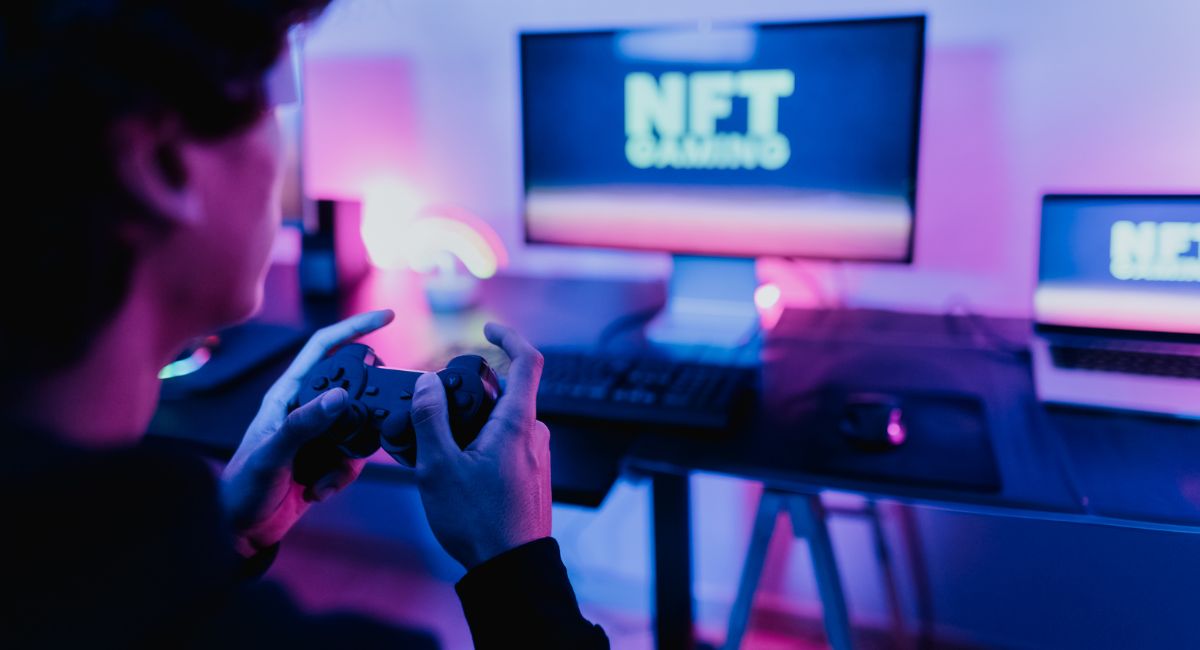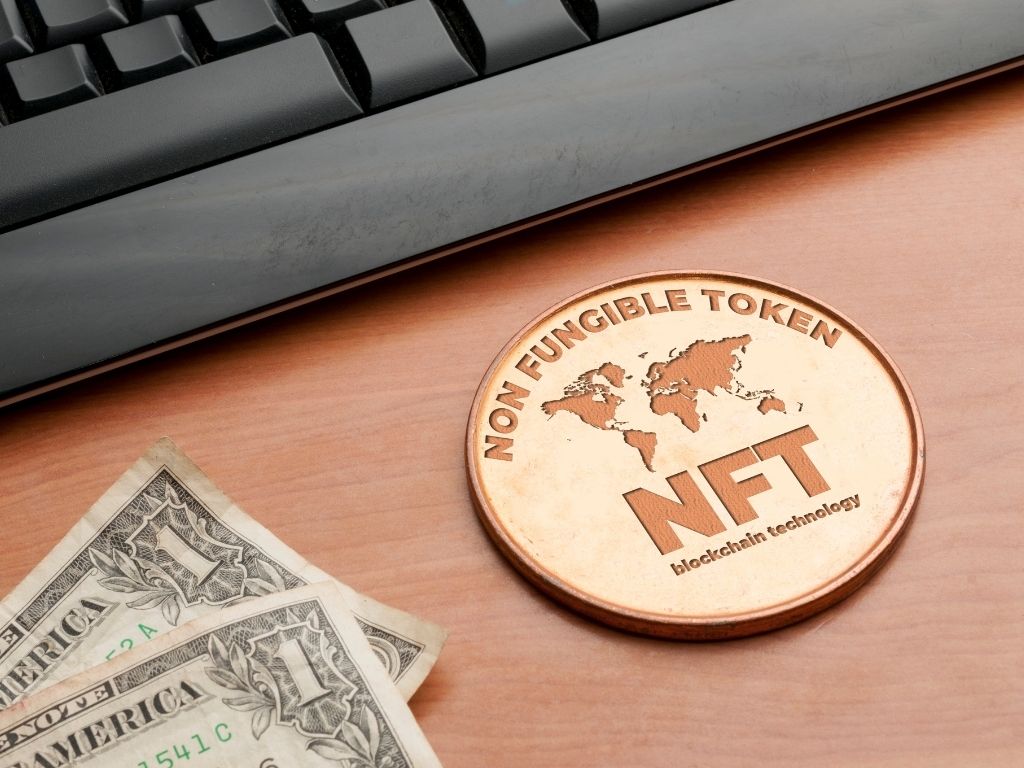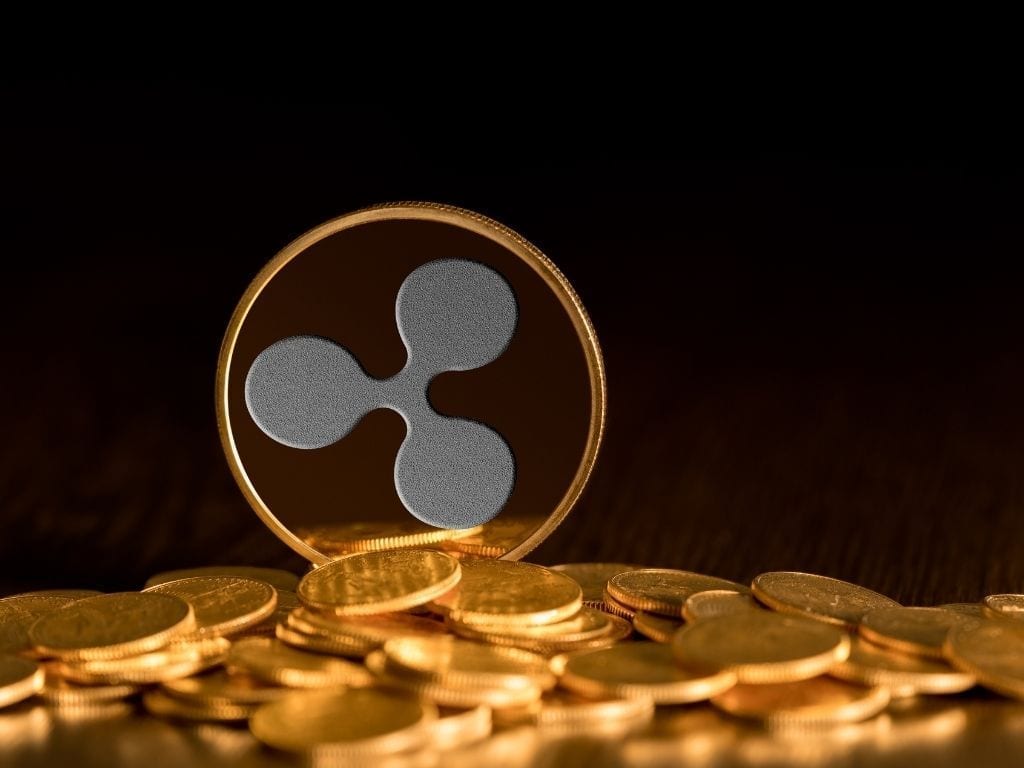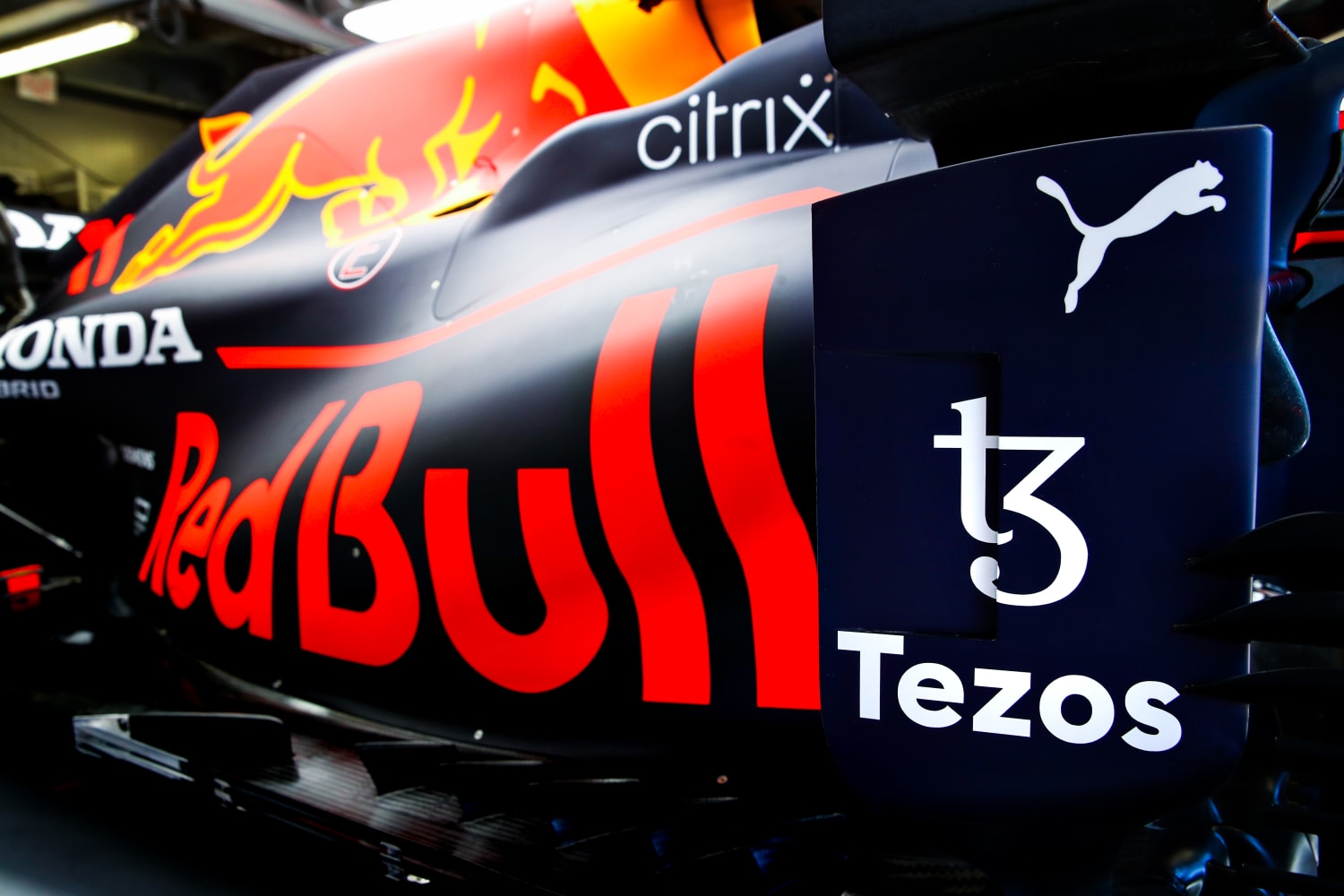NFT Games: Top 10 Intriguing Tips And Red Flags While Spotting Gems In A Crowded Market
The world of NFT (Non-Fungible Token) games has exploded in popularity, offering a unique blend of ownership, play-to-earn mechanics, and community engagement. However, with a plethora of options available, distinguishing promising projects from fleeting fads can be a challenge. This article equips you with valuable insights to navigate the NFT games market and potentially discover the next gems.
Core Considerations for Spotting Promising NFT Games in 2024:
The Non-Fungible Token (NFT) gaming space is exploding in 2024, with new play-to-earn titles emerging seemingly every day. While the potential for earning rewards and owning unique in-game assets is exciting, navigating this new frontier can be tricky. Here are some core considerations to help you identify promising NFT games amidst the hype:
1. Gameplay Mechanics: Fun First, Earning Second
-
Engaging and Sustainable Gameplay: The core of any game, NFT-based or not, is engaging gameplay. Look for games that offer a fun, well-designed playing experience that keeps you hooked even without the NFT integration. Remember, a sustainable player base is crucial for the long-term health of the game’s economy.
-
Focus on Playability, Not Just Grind: Earning potential shouldn’t overshadow the core gameplay loop. Avoid games that feel like tedious chores designed solely for grinding out rewards. Look for titles that strike a balance between rewarding players and offering an enjoyable gaming experience.
-
Unique Value Proposition: What sets this NFT game apart from the crowd? Does it offer innovative mechanics, a compelling storyline, or a rich in-game universe? Look for games that provide a unique experience that justifies the NFT integration.
2. Strong Development Team and Established Track Record
-
Experienced Developers with a Proven Portfolio: A team with a history of creating successful games is a good indicator of future potential. Research the developers’ background, their experience with blockchain technology, and their vision for the game’s future.
-
Transparency and Clear Communication: Look for developers who actively engage with the community, address concerns openly, and provide a clear roadmap for the game’s development. Transparency fosters trust and can be a sign of a committed development team.
-
Community Management and Player Feedback: A strong community management team actively listens to player feedback and incorporates it into the development process. This ongoing dialogue is essential for the game’s long-term success.
3. Sustainable Tokenomics and Fair In-game Economy
-
Well-defined Token Utility: The NFT or token within the game should have clear utility beyond just its monetary value. Can it be used for in-game purchases, character upgrades, or voting rights on game governance? Look for a well-defined ecosystem where the token plays a meaningful role.
-
Balanced Earning Potential and Inflation Control: While earning rewards is a core aspect of play-to-earn games, excessive token creation can lead to inflation and devaluation. Look for games with a balanced economy that controls inflation and ensures the long-term viability of the token’s value.
-
Accessibility for New and Existing Players: The NFT games economy shouldn’t be so heavily weighted towards early adopters that it creates a barrier to entry for new players. Look for mechanisms that ensure a fair playing field for everyone.
4. Security and Mitigating Scams
-
Smart Contract Audits and Security Measures: The underlying smart contracts that power the game’s NFT functionality should be thoroughly audited by reputable security firms to identify and address potential vulnerabilities. Choose games that prioritize security and take steps to mitigate hacking risks.
-
Beware of Rug Pulls and Play-to-Earn Scams: Unfortunately, the NFT gaming space is susceptible to scams. Research the project thoroughly, be wary of unrealistic earning promises, and never invest more than you can afford to lose.
5. Long-Term Vision and Roadmap
-
Roadmap for Future Development: Does the development team have a clear vision for the game’s future? Look for a roadmap that outlines upcoming features, content updates, and plans for the game’s ongoing growth and development.
-
Sustainable Growth Strategy: A promising NFT game should have a strategy for attracting and retaining players in the long run. This might involve esports integration, social engagement features, or a commitment to continuous content updates.
Remember: The NFT gaming space is still evolving, and there are inherent risks involved. By carefully considering these core aspects, you can increase your chances of spotting promising NFT games with the potential to offer a fun and rewarding experience while minimizing the risk of encountering scams or unsustainable projects. Do your own research, prioritize enjoyable gameplay, and invest responsibly to navigate the exciting world of NFT gaming.
Also, read – Exploring The Evolution Of NFT Games And Top 10 NFT Games With Physical Assets like Gold
Red Flags to Watch Out For:
The NFT games market landscape is brimming with excitement, but with that comes a fair share of pitfalls. While the core considerations can help you identify promising titles, it’s equally important to be aware of the red flags that might signal trouble. Here are some key warning signs to watch out for:
1. Unrealistic Earning Promises and Focus on “Getting Rich Quick”:
-
Exorbitant Initial Investment Requirements: Games demanding a significant upfront investment to start playing, especially with limited information about gameplay or the project’s history, are a major red flag. Beware of schemes promising astronomical returns – sustainable NFT games focus on fun gameplay, not just financial gain.
-
Overly Complex Reward Structures and Confusing Tokenomics: If the game’s earning mechanics are overly convoluted or difficult to understand, it might be a sign that something isn’t quite right. Look for clear and transparent tokenomics that outline how players earn, own, and utilize in-game assets.
2. Unexperienced Development Team and Lack of Transparency:
-
Anonymous Development Team or Unclear Backgrounds: A team with no prior experience in game development or blockchain technology is a cause for concern. Reputable NFT games will have a clear team structure with identifiable developers who are passionate about the project and willing to engage with the community.
-
Missing Roadmap or Vague Future Plans: A promising NFT game should have a well-defined roadmap outlining future development milestones, content updates, and plans for the game’s ongoing growth. Avoid games with limited or non-existent roadmaps, as this indicates a lack of long-term vision.
-
Unresponsiveness to Community Concerns: A development team that actively avoids addressing community concerns or questions might be hiding something. Look for teams that are transparent, listen to player feedback, and actively engage with the community.
3. Unsustainable Tokenomics and Potential Rug Pulls:
-
Uncapped Token Supply or Inflatable Tokenomics: If the game’s NFT or token supply is constantly increasing without a clear mechanism to control inflation, it can lead to a devaluation of the token’s value. This can be a tactic used in “rug pull” scams, where developers abandon the project after a large influx of investment.
-
Pay-to-Win Mechanics and Unbalanced Economies: Games that heavily favor players who spend more money are not sustainable and create an unfair playing field. Look for games that prioritize skill and balanced gameplay over pure financial investment.
4. Unfinished or Buggy Game with Limited Playability:
-
Overemphasis on NFT Sales Before Core Gameplay is Developed: Beware of games that prioritize selling NFTs over developing a fun and engaging gaming experience. A promising NFT game should offer a playable demo or alpha version showcasing the core gameplay loop before large-scale NFT sales begin.
-
Abundant Bugs and Technical Issues: A game riddled with bugs and technical issues at launch is a red flag. Reputable NFT games will undergo thorough testing and refinement before releasing to the public.
5. Hype-Driven Marketing and Unrealistic Promises:
-
Aggressive Marketing Tactics and Celebrity Endorsements: NFT games that rely heavily on aggressive marketing tactics or celebrity endorsements without a focus on the actual game itself might be more interested in a quick cash grab than creating a sustainable product.
-
Unrealistic Promises and Outlandish Claims: Be wary of games that make outrageous claims about future success or guaranteed returns. Legitimate projects focus on the merits of the game and the technology, not empty promises.
Play to Enjoy, Not Just to Earn
By understanding these red flags, you can become a more discerning player in the NFT gaming space. Remember, the best NFT games prioritize fun and engaging gameplay first, with NFT integration enhancing the experience, not overshadowing it. Do your research, prioritize enjoyable gameplay, and invest responsibly to navigate the exciting world of NFT gaming. Happy gaming!
Top NFT Games of 2024 (Based on User Ratings): A Quick Look
Here’s a brief overview of the top contenders for user-rated NFT Games in 2024, keeping in mind this list can evolve rapidly:
-
Axie Infinity (Established Play-to-Earn): A pioneer in the play-to-earn space, Axie Infinity lets you collect, breed, battle, and trade adorable creatures called Axies.
-
The Sandbox (Metaverse Sandbox Experience): This metaverse allows you to own land, create experiences, and play games within a virtual world using NFT-based assets.
-
Decentraland (Virtual World Ownership): Similar to The Sandbox, Decentraland offers a decentralized virtual world where players can purchase land parcels, build structures, and interact with others.
-
Illuvium (AAA-Quality Monster Battler): This highly anticipated title boasts AAA-quality graphics and immersive gameplay in a monster-battling RPG with NFT creatures.
-
Guild of Guardians (Mobile RPG with Guild System): This mobile RPG features a guild system where players can collaborate, complete quests, and earn rewards through NFT characters.
-
Sorare (Fantasy Football with Digital Player Cards): Calling all football fans! Sorare allows you to collect and trade digital player cards representing real-life footballers, with gameplay inspired by fantasy sports.
-
Sipher (Collectible Card Game with Strategy Focus): This strategic card game emphasizes deck-building and tactical outplay. NFT cards fuel the gameplay and offer ownership rights.
-
Gala Games (Variety of Play-to-Earn Titles): This development studio offers a growing portfolio of blockchain-based games, each with its own unique play-to-earn mechanics and NFT integration.
-
Mines of Dalarnia (Action-Adventure Exploration): Explore a vast alien world, uncover its secrets, and battle creatures in this action-adventure game with NFT items and resources.
-
Splinterlands (Established Digital Card Game): A veteran in the NFT space, Splinterlands offers strategic card battles with unique lore and a thriving player base.
Conclusion
Navigating the NFT games market requires a discerning eye and a focus on core value. By prioritizing engaging gameplay, NFT utility, sound tokenomics, a strong development team, and a vibrant community, you can increase your chances of spotting the next gems in this dynamic and evolving space. Remember, do your own research, prioritize fun over pure financial gain, and never invest more than you can afford to lose.
Stay informed with daily updates from Blockchain Magazine on Google News. Click here to follow us and mark as favorite: [Blockchain Magazine on Google News].
Get Blockchain Insights In Inbox
Stay ahead of the curve with expert analysis and market updates.
latest from tech
Disclaimer: Any post shared by a third-party agency are sponsored and Blockchain Magazine has no views on any such posts. The views and opinions expressed in this post are those of the clients and do not necessarily reflect the official policy or position of Blockchain Magazine. The information provided in this post is for informational purposes only and should not be considered as financial, investment, or professional advice. Blockchain Magazine does not endorse or promote any specific products, services, or companies mentioned in this posts. Readers are encouraged to conduct their own research and consult with a qualified professional before making any financial decisions.

 Bitcoin
Bitcoin  Ethereum
Ethereum  Tether
Tether  XRP
XRP  Solana
Solana  Dogecoin
Dogecoin  USDC
USDC  Lido Staked Ether
Lido Staked Ether  Cardano
Cardano  TRON
TRON  Avalanche
Avalanche  Chainlink
Chainlink  Toncoin
Toncoin  Wrapped stETH
Wrapped stETH  Shiba Inu
Shiba Inu  Sui
Sui  Wrapped Bitcoin
Wrapped Bitcoin  Hedera
Hedera  Stellar
Stellar  Polkadot
Polkadot  Hyperliquid
Hyperliquid  WETH
WETH  Bitcoin Cash
Bitcoin Cash  LEO Token
LEO Token  Uniswap
Uniswap  Litecoin
Litecoin  Pepe
Pepe  NEAR Protocol
NEAR Protocol  Wrapped eETH
Wrapped eETH  Ethena USDe
Ethena USDe  Aave
Aave  Internet Computer
Internet Computer  Aptos
Aptos  USDS
USDS  Cronos
Cronos  POL (ex-MATIC)
POL (ex-MATIC)  Mantle
Mantle  Ethereum Classic
Ethereum Classic  Render
Render  Bittensor
Bittensor  Monero
Monero  MANTRA
MANTRA  Artificial Superintelligence Alliance
Artificial Superintelligence Alliance  WhiteBIT Coin
WhiteBIT Coin  Arbitrum
Arbitrum  Dai
Dai  Filecoin
Filecoin 



